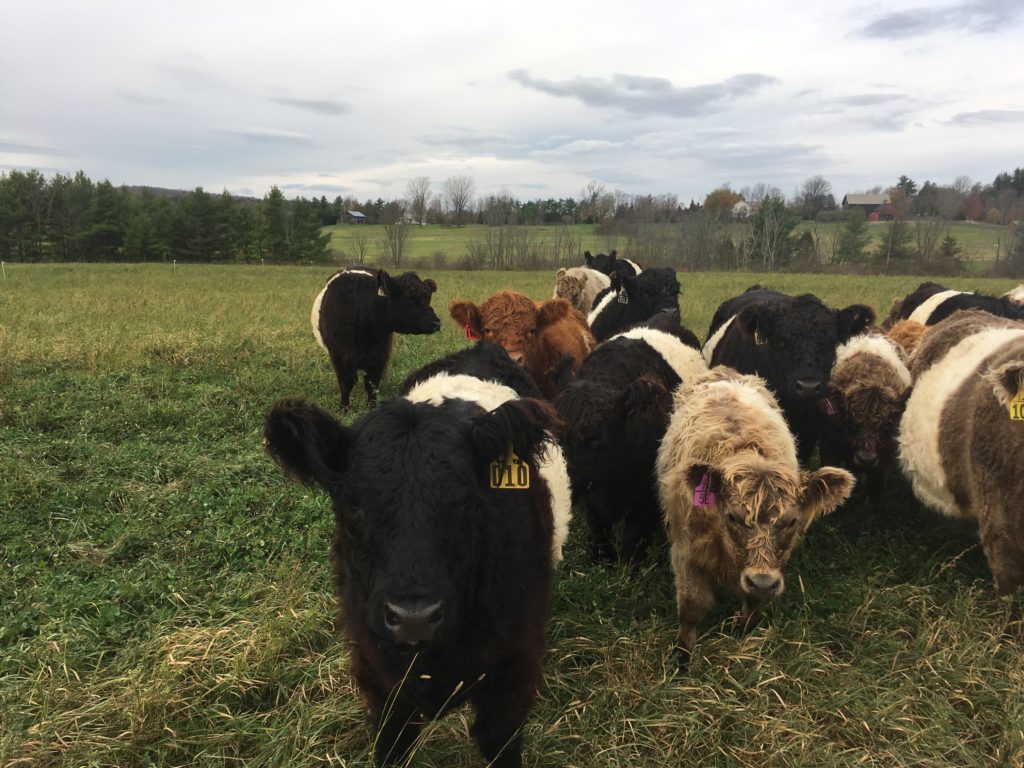
Four days ago, the US congress passed a new 2018 farm bill. As usual, this piece of legislation is massive and extremely complex. While traditional commodity programs and SNAP benefits remain the largest part of the bill in terms of spending, advocates for organic agriculture can find much to applaud in this year’s farm bill.
Modification of Conservation Programs
The first area of support for organic in this year’s farm bill comes in the form of the Homegrown Organic Act sponsored by Rep. Ann Kuster, D-N.H., and Sens. Bob Casey, D-Penn., Patrick Leahy, D-Vt. and Amy Klobuchar, D-Minn. This bill modifies several existing conservation programs to make them more accessible to organic farmers nationwide.
First, the bill modifies the Conservation Stewardshiplaw by creating a new grant program specifically for farmers who are transitioning to organic (adding to previously existing weed management, water, and infrastructure grants. Next, the bill modifies the Environmental Quality Incentivesprogram to eliminate the project funding cap of $20,000 per year ($80,000 over a 6-year period). This allows larger farms access to sufficient funds to help with major projects previously ineligible for funding. Finally, this year’s farm bill includes a modification of the Transition Incentives programoperating under the Conservation Reserve program. This will provide two extra annual rent contracts to farmers who sell conserved land to beginning farmers or members of socially disadvantaged groups. New farm tenants are required continue similar conservation practices
Continuation of Organic Certification Cost-share Program
Continuing a popular policy started in the 2014 farm bill, the 2018 legislation establishes mandatory funding and authority for the Organic Certification cost-share program, which gives farmers up to $750 to defray inspection and certification costs. After months of concern that this program might be eliminated, advocates for organic can celebrate the continuation of this helpful program.
400 million in permanent funding for organic research and extension programs (OREI)
Another 2018 change in the farm bill that will delight advocates for organic research is the introduction of permanent funding for organic research, to the tune of $400 million over the next 6 years. This will double the resources available for federally funded research in this sector.
Looking Forward
All in all, the organic policy shifts outlined above will dramatically increase the federal resources available in support of organic or transitioning farms. While many organic food advocates argue that these changes are not enough and that a more radical food system shift remains necessary, the 2018 farm bill is at least step in the right direction for organic agriculture in the US.